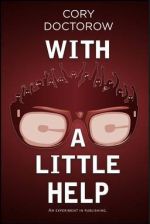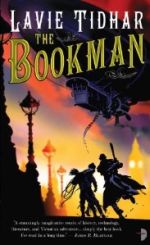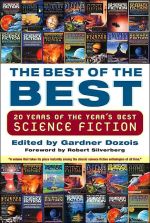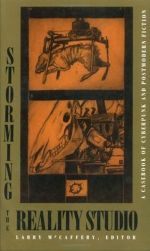An Interview with J.J. “Buddy” Connors III, M.D.
“Statin” drugs were proved beneficial in numerous studies unrelated to stroke or cerebrovascular disease, but once again, the studies seemed to indicate “proof of principle”. Atheroslerosis in the brain seemed to be a condition very similar to that in the heart and peripheral vasculature. For this reason, I made the assumption, later proved to be accurate, that statins would benefit cerebral atherosclerosis both as a preventive measure and as an acute anti-inflammatory therapy. They make the vessels healthier, and the plaques in them less likely to rupture.
I heard of the first strong intravenous antiplatelet agent (ReoPro) from cardiology. This revolutionized the field of intracranial angioplasty/stenting by preventing acute clotting in the vessel that was damaged by being stretched during the angioplasty, and helped educate my field on the pharmacology of thrombosis.
You quoted Heinlein earlier, and I’ve heard you use Star Trek lingo in your presentations. Are there ideas that you’ve taken from science fiction and adapted to your career?
Well, my whole field was science fiction back when I was a kid. To me, what is most powerful about science fiction is inspiring the reader to think, to wonder ‘what if’, and to try to figure out what will be. I cut my teeth on Heinlein juveniles, and read tons of sci-fi stories in magazines growing up. A lot of those gave me things to think about, but the first thing that really had a major impact on me was Asimov’s Foundation Trilogy. There were notions, particularly Psychohistory’s gathering of data and identifying trends to make predictions that has certainly influenced the way I look at research and how it’s applied.
Anything that expands the small world we live in has been beneficial for me. Interestingly, even Alien (the greatest opponent in history), The Terminator (time travel and changing history), and Predator (humans now were weekend sport like duck hunting) had very interesting concepts that opens the mind. All science fiction that had new concepts were of interest, and still are. Of course Avatar – cowboys and Indians where the Indians won – is a breakthrough on several levels.
What is something from science fiction that you believe will one day be a reality?
Oh, there are a lot of things with nanotech on the horizon. The events of Incredible Journey are way off, but the microbots will be in our bloodstreams, eventually. I believe that it is likely that there is life elsewhere, though if or when we’ll have contact is anybody’s guess. Once we develop feasible interstellar travel, I guess we’ll see. Spending so much of my career tinkering with brains, I look to see some form of mind control…perhaps via a greater understanding of the electromagnetic and chemical workings of the tissue involved. The therapeutic benefit would be astounding. Time travel falls into the “probably never” category, which is too bad. If I could go back and…[chuckles].
At Redstone Science Fiction, we’re looking to find a way to live forever. How long do you believe the human life can be extended?
Humans rust – just like iron. We can go perhaps to 100-140. The key will be fighting the decay that comes with time—our neurons and our DNA just aren’t made to last, even though we’re finding ways to prolong the use of a lot of the mechanical parts.
How long is too long to live, in your view?
Depends upon body function. When you lose senses-sight, hearing, et cetera or motor ability, it is time to hang it up.
Describe some advancements in Neuroscience that you believe can significantly increase human life span.
Vascular health is one of the keys. Mechanical or drug are the limits to what I can do now. The key may be an advance with anti-oxidants. We’ll have to stop the rust.
























2 comments
[…] An Interview with J.J. “Buddy” Connors III, M.D. , Director of Interventional Neuroradiology at Vanderbilt University Medical Center with Paul Clemmons […]
Great Interview. I met Buddy at ISC a few years ago. What a fireball he is! He must be mellowing, or you hired a censor.